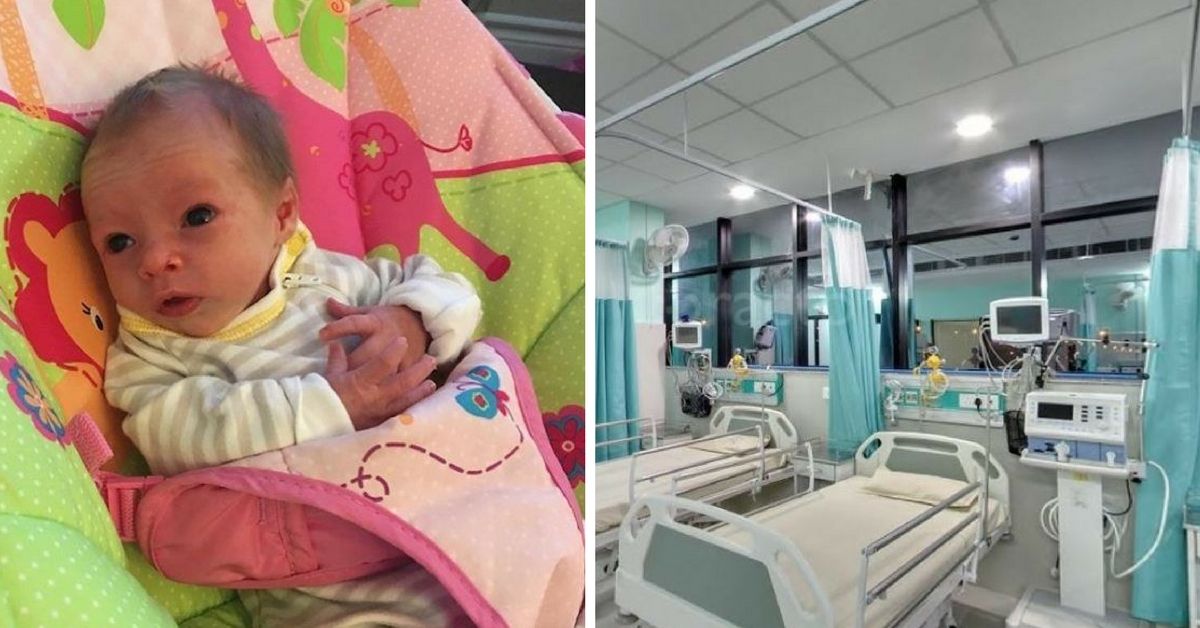It has become an all-too familiar tale, but that does not mean it hurts any less.
Five-week-old Blayke started showing cold-like symptoms shortly after birth. At some point, she appeared to have had trouble breathing, so her parents, Tessa McAllister and Cody Hay, took her to the doctor.
They were reassured that their daughter would be back to normal in no time because it was just the common cold, according to the CBC.
However, Tessa and Cody's parental instincts told them otherwise.
They knew their baby's illness was more than just a cold, so they took her to their family physician of several years, Dr. Jeffery Hans. Unfortunately, he had the same response, and didn't do much to help little Blayke.
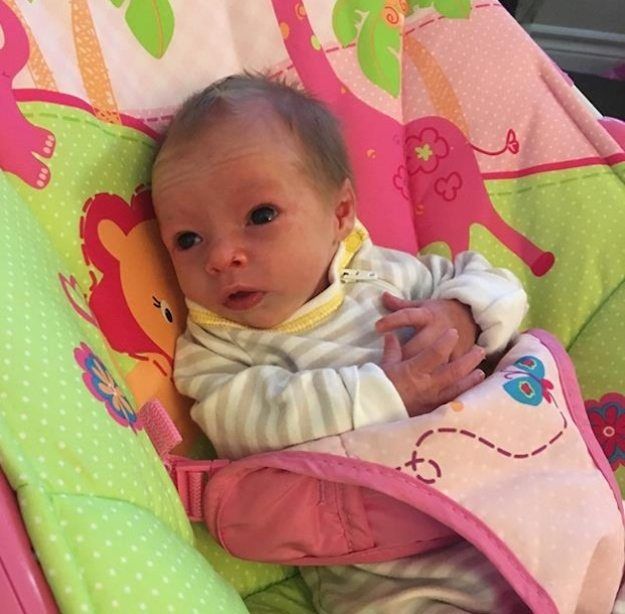
After Blayke failed to recover, her parents were finally given a diagnosis: she had respiratory syncytial virus (RSV), an infection that affects the lungs and respiratory tract, but manifests itself with cold-like symptoms.
In severe cases, RSV can lead to bronchiolitis, which requires hospitalization.
Following the diagnosis, Tessa and Cody asked for Blayke to be hospitalized because her condition was worsening by the day, and they were no longer able to help her at home.
"My baby's sick and I don't think I can do it. So I went and I said that. 'I don't think I can take care of her at home,'" Tessa told CBC.
The couple was given a glimmer of hope when Dr. Hans finally contacted the hospital, but things took a turn for the worse soon after.
"...the hospital said there was no room "” for my dying baby."
Dr. Hans got in touch with the hospital staff to get Blayke admitted, but he was informed that they were over capacity by 20 percent and would not be able to take the baby.
"He called the hospital with me in the room, and the hospital said there was no room "” for my dying baby. Dr. Hans said, 'I'm going to discuss options with mommy and I'll call you back,'" Tessa explained.
Since hospitals in the area were full because of this season's nasty flu outbreak, the doctor suggested that perhaps the baby will have a chance at being hospitalized if she was taken to the emergency room.
However, he pointed out that it was just a mere suggestion, but it was not necessary for the couple to do so, then sent them home. He told them to bring Blayke back to his clinic the next morning.
Unfortunately, that was the wrong call.
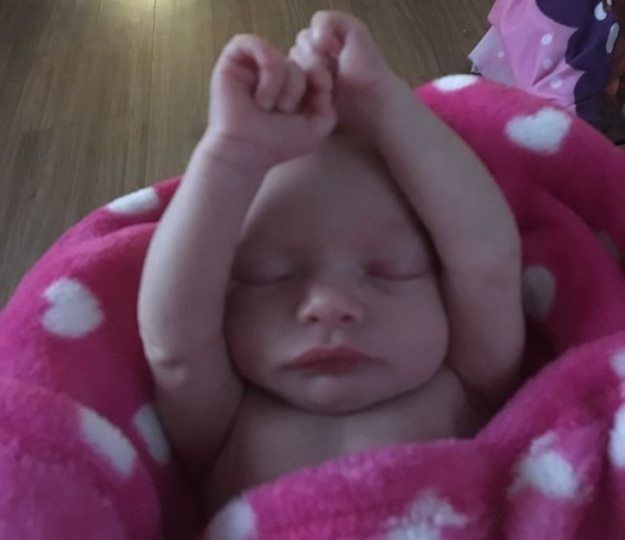
Tessa trusted Dr. Hans, who has been her doctor for 34 years, and believed her daughter would make it through the night.
"Somebody didn't do their job..."
Sadly, when the worried mother woke up the next day, she found her daughter unresponsive.
The family tried to resuscitate Blayke, and even got some help from the paramedics, but their efforts were to no avail.
"Holding my dead daughter ... I'll never get that picture out of my head. I'll never forgive myself for falling asleep. Because what if she did make a little tiny noise? That's something I'll have to live with for the rest of my life," she said.
The hospital chalked it up to miscommunication, saying that they would never turn down a patient in dire need of help. They have opened an investigation into the case.
An autopsy is also underway to determine the real cause of death, so the family can get answers.
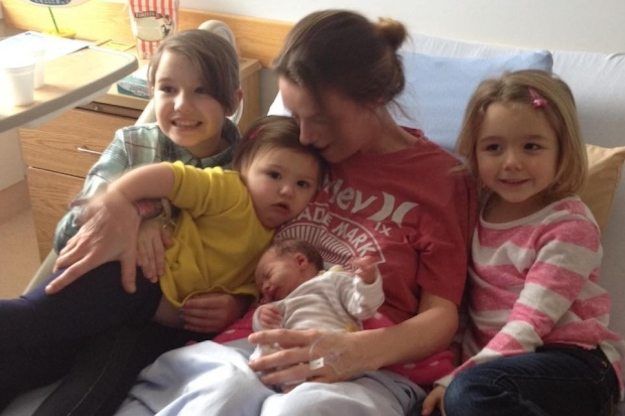
Still, the family continues to relive the horrible experience of being unable to help their ill child and then losing her. Tessa and Cody are having an even harder time trying to explain to their three other daughters what happened to their little sister.
"Somebody didn't do their job at the hospital. And the blame isn't just on the hospital. It's on the doctor who should have fought to have her admitted. We're struggling," admitted Tessa. "We're struggling as a young family. We got three other little girls at home, and they're wondering when their baby sister is coming home. It's hard to explain."
Sadly, Blayke isn't the only child to have recently died because they were turned away by doctors.
Not an isolated incident
Five-year-old Ellie-May Clark was reportedly "wheezing and unable to walk" when she went to see her doctor, but when she arrived at her appointment late, the receptionist wouldn't let her in.
Apparently, the doctor had a strict "10-minute rule."
Later that night, her mother found her on the floor, blue in the face.
The coroner, Wendy James, ruled that her death was due to natural causes, but "nonetheless Ellie should have been seen by a GP that day and she was let down by the failures in the system. Ellie-May Clark died of natural causes where the opportunity to provide potentially life-saving treatment was missed."
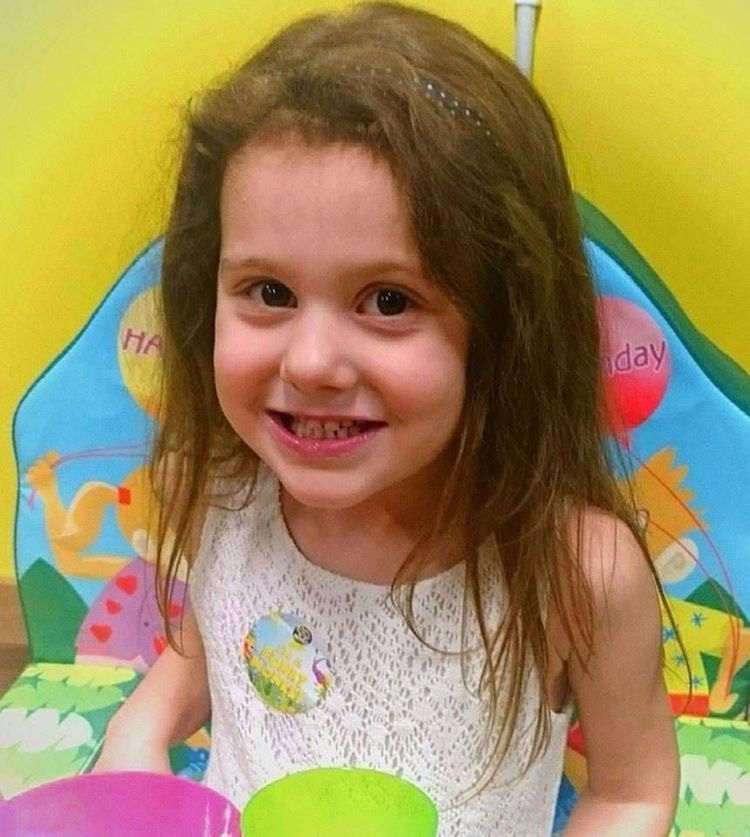
Another child, six-year-old Layla Rose, was rushed to the hospital by her mother, Kristy Ermenekli, after she suddenly developed a high fever, had a rash mark on her hip, and complained about feeling sick.
"It felt like ages before the doctor came, a good couple of hours," Kirsty recalled. "We were seen by the nurse three times in between but I was quite concerned as I had never had a child with a temperature that high with it not coming down."
A "paranoid" mother
Doctors hinted that the Kristy was just being "paranoid," and told the concerned mother that the rash was just a bruise and the fever was caused a viral infection that will eventually clear up.
However, instead of feeling better, Layla got worse when they got home.
They returned to the hospital, but unfortunately, the little girl passed away eight hours later. She died from complications stemming from meningococcal meningitis and septicemia.
"I have concerns regarding the length of time we were in [the emergency room] and no blood test was done. I felt I was being looked at as a paranoid mother and the doctors couldn't be bothered," Kirsty said. "I was not being kept informed of development. I couldn't fault the care on the children's ward but all that time in [the emergency room] could have made a difference and Layla should have been admitted sooner."
"Nobody knows their child better. Now I'm more paranoid then ever. At the time I thought she was in the best care," she said.
These types of incidents are becoming increasingly more common, and that's unacceptable. No life should ever be lost because hospitals don't have room, doctors are too busy, or an illness isn't taken seriously enough.
Something must be done to prevent such situations from occurring in the future.
Hopefully these families will understand that they did everything they can to help their children, and that these deaths are not their fault. Perhaps one day they will be able to get the answers and closure they need.
